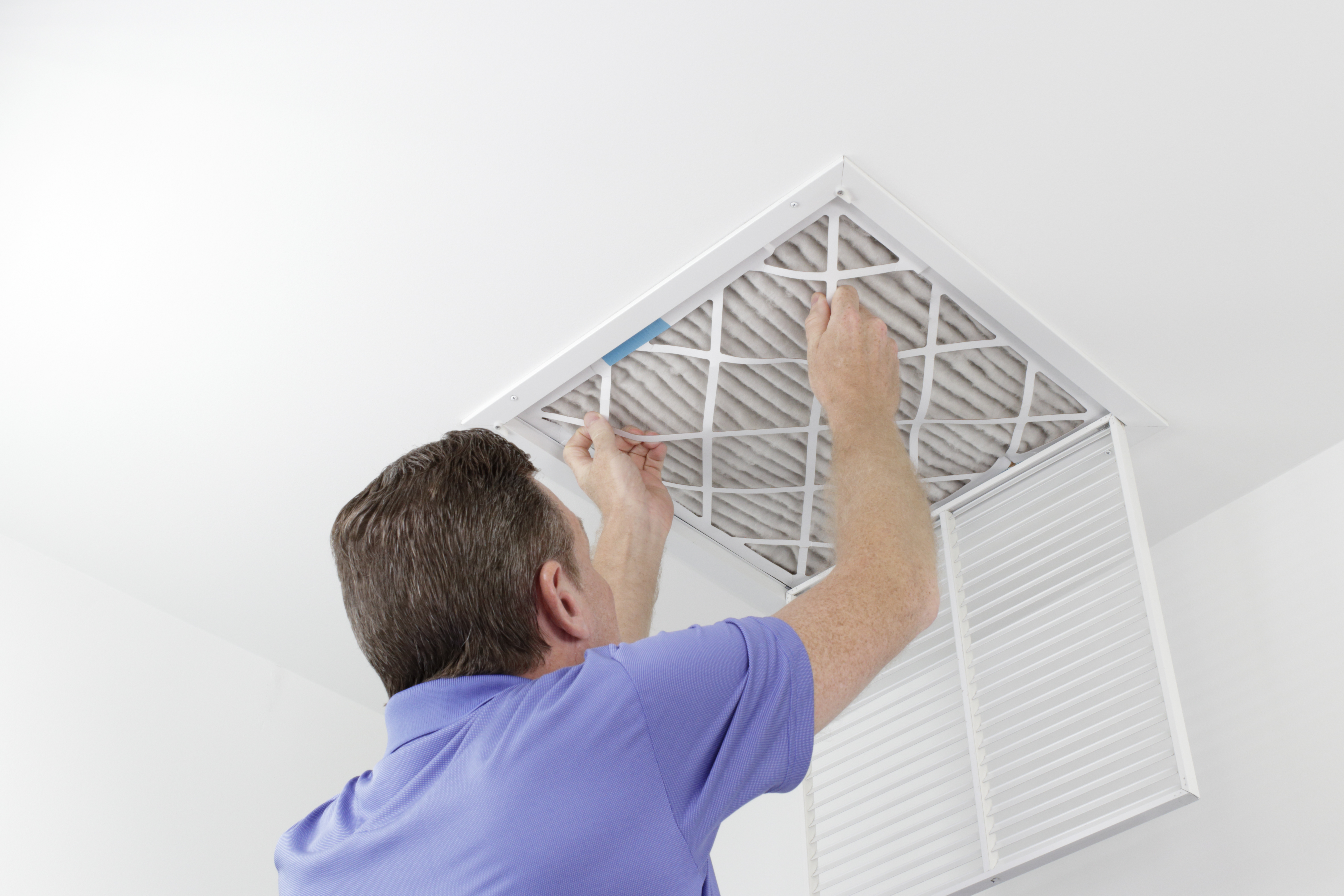Ever feel like your home’s air isn’t as fresh as it should be? Maybe you’re sneezing more often, or dust seems to settle everywhere. The problem might be hiding in your ductwork.
Leaky air ducts can mess with your home’s indoor air quality (IAQ) in ways you wouldn’t expect. They pull in dust, allergens, and even harmful pollutants. That air then circulates through your HVAC system, affecting your health and comfort. Fixing these leaks isn’t just about saving energy—it’s about breathing cleaner air too.
What Happens When Ducts Leak?
Your ductwork carries heated or cooled air throughout your home. But if there are gaps, cracks, or loose connections, the system can’t do its job properly. Air leaks allow unfiltered air from attics, basements, or crawl spaces to mix into your airflow.
That’s where a Duct Sealing Service in Blue Springs, MO comes in. Sealing up those leaks stops contaminated air from entering your system. It also helps your HVAC run more efficiently, keeping your energy bills down.
Signs That Your Ducts Might Be Leaking
Leaky ducts don’t always make themselves obvious. Here are some signs to watch for:
- Uneven temperatures – Some rooms are too hot, while others are too cold.
- Excess dust – If you’re dusting more than usual, your ducts may be the culprit.
- Musty smells – Damp or stale air can come from unsealed ducts.
- High energy bills – Your HVAC has to work harder to keep up.
- More allergies or respiratory issues – Bad air quality can make breathing problems worse.
If you notice any of these, it might be time to inspect your ductwork.

How Leaky Ducts Harm Your Indoor Air Quality?
1. Pulling in Dust and Allergens
Leaky ducts often pass through unconditioned spaces like attics, crawl spaces, and basements. These areas are full of dust, dirt, and allergens. When air leaks in, all those particles get pulled into your HVAC system and then spread throughout your home.
2. Bringing in Mold and Mildew
If there’s moisture around your ductwork, mold and mildew can start growing. Once these spores enter your HVAC system, they get distributed into every room. This can cause allergies, asthma flare-ups, and other respiratory issues.
3. Letting in Harmful Pollutants
Gaps in ducts can also pull in harmful gases, including carbon monoxide from nearby appliances. If your ducts are near a garage, they may even bring in fumes from car exhaust or stored chemicals. Breathing in these pollutants every day is bad for your health.
4. Increasing Humidity Levels
Leaky ducts allow humid air to enter your system. High humidity can lead to mold growth and a sticky, uncomfortable home. It can also make air conditioning less effective, leaving you feeling hot and clammy.
5. Spreading Unpleasant Odors
Ever notice a strange smell coming from your vents? Leaky ducts can suck in odors from mildew, pets, or even dead pests trapped in your attic. Instead of fresh, clean air, your HVAC might be pumping unpleasant smells into every room.
The Health Risks of Poor Indoor Air Quality
When you breathe in dirty air, it doesn’t just make your house smell bad. It can seriously affect your health. Here’s what you might experience:
- Worsening allergies – More dust and pollen mean more sneezing, coughing, and itchy eyes.
- Asthma flare-ups – Mold, mildew, and other allergens can make asthma attacks more frequent and severe.
- Headaches and fatigue – Poor air quality can leave you feeling drained or give you frequent headaches.
- Respiratory infections – Breathing in bacteria and pollutants can increase the risk of colds, bronchitis, or other lung issues.
If your family is constantly dealing with these issues, checking your ducts might be a good place to start.
The Benefits of Sealing Your Ducts
1. Cleaner, Fresher Air
Sealing your ducts prevents outside air from contaminating your home. That means fewer allergens, pollutants, and bad smells circulating through your vents.
2. Better HVAC Performance
Your system won’t have to work as hard to keep your home comfortable. That means more consistent temperatures, better airflow, and lower energy costs.
3. Lower Energy Bills
Leaky ducts waste energy by letting conditioned air escape. Fixing the leaks means you’ll see a drop in your utility bills—sometimes by as much as 30%.
4. Fewer Repairs and Longer HVAC Lifespan
When your HVAC isn’t overworking itself, it lasts longer. That means fewer breakdowns, less maintenance, and more money saved in the long run.

How to Fix Leaky Ducts?
If you suspect your ducts are leaking, here’s what you can do:
1. Inspect Your Ducts
Look for gaps, holes, or loose connections. Common trouble spots include joints, vents, and areas where the ductwork connects to your HVAC unit.
2. Perform a Smoke Test
A simple way to check for leaks is by using a smoke test. Hold a lit incense stick near duct joints while your HVAC is running. If the smoke moves, there’s a leak.
3. Seal the Leaks
Use mastic sealant or metal-backed tape to cover small gaps. Avoid regular duct tape—it won’t last long.
Conclusion
Leaky ducts do more than waste energy—they lower your indoor air quality and put your health at risk. Dust, mold, and harmful pollutants can enter your home through unsealed ductwork. That’s why sealing your ducts is so important.
If you’re noticing high energy bills, bad smells, or allergy symptoms, it’s time to take action. Sealing your ducts will keep your air clean, your home comfortable, and your HVAC system running smoothly.
Want to breathe fresher air? Consider getting your ducts checked and sealed today!



